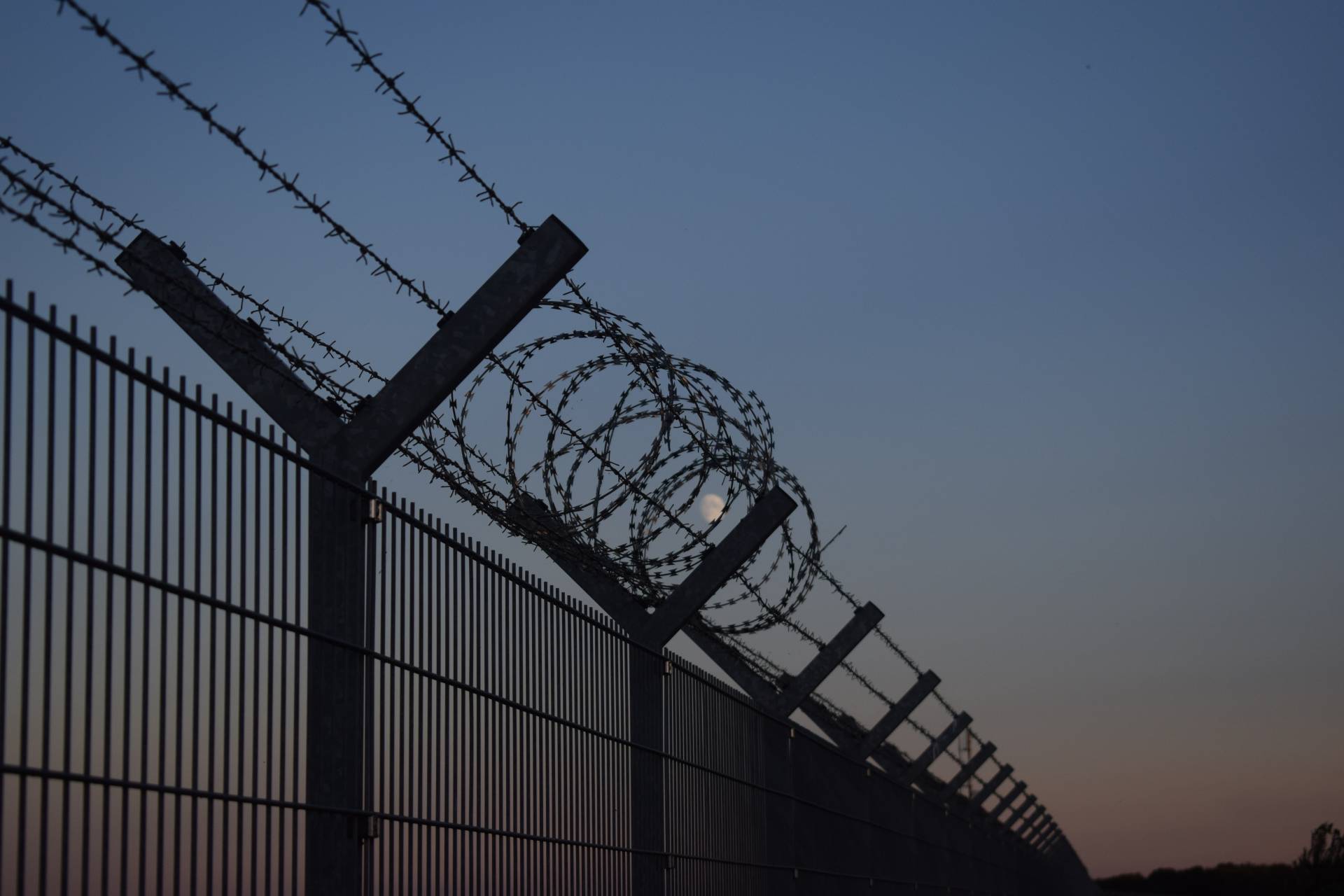The Syrian government has agreed to extend the usage of two border crossings, Bab al-Salameh and al-Rai, for another three months until November 13, as announced by the United Nations (U.N.) on Tuesday. These border crossings will enable the delivery of aid from Turkey to the rebel-held northwest region of Syria. U.N. deputy spokesperson Farhan Haq expressed gratitude for the decision on the border extension, which ensures the continuation of essential humanitarian aid to vulnerable populations in the region.
However, the most crucial crossing point, Bab al-Hawa, remains closed, with talks to reopen it still ongoing. The U.N. Security Council failed to agree on resolutions for maintaining deliveries through Bab al-Hawa on July 11, resulting in millions of Syrians facing difficulties in accessing vital aid like food and medical supplies. This crossing supplied 85% of aid to Idlib, a province home to approximately 4.1 million people. The closure of this important route threatens millions of people who rely on essential goods and emergency assistance.
The international community is now seeking alternative ways to continue providing necessary aid and support to Idlib residents. The ongoing 12-year civil conflict in this region has led to nearly 500,000 casualties, widespread displacement, and massive internal migration. After a devastating 7.8 magnitude earthquake hit northwestern Syria and southern Turkey on February 8, President Bashar Assad opened the border crossings of Bab al-Salameh and al-Rai to expedite aid delivery. The combination of continued violence and natural disasters has significantly worsened the existing humanitarian crisis, affecting millions of people.
The recent border extension allows the U.N. to continue providing aid to millions of Syrians in need through the Bab al-Salameh and al-Rai crossings until November 13. However, the Syrian government has set conditions for further deliveries via Bab al-Hawa, which the U.N. humanitarian office has largely declined. This has hindered the flow of essential humanitarian aid to desperate Syrian citizens. The clash between the Syrian government and the U.N. humanitarian office has left many people vulnerable and lacking access to vital provisions and medical supplies.
Negotiations are ongoing to address issues related to cooperation and coordination with Damascus for aid delivery. These talks aim to improve aid distribution efficiency, ensuring it reaches those most affected by the crisis. Local and international organizations are participating in these discussions, working together to establish a more effective approach to providing humanitarian assistance in Syria.
FAQ Section
What are the two border crossings that have been extended for another three months?
The Syrian government has agreed to extend the usage of two border crossings, Bab al-Salameh and al-Rai, for another three months until November 13.
Why is the crossing Border Extension significant?
The extension is significant because it will enable the delivery of aid from Turkey to the rebel-held northwest region of Syria. The United Nations deputy spokesperson has expressed gratitude for this decision, which ensures the continuation of essential humanitarian aid to vulnerable populations in the region.
What is the current situation with the Bab al-Hawa crossing point?
The most crucial crossing point, Bab al-Hawa, remains closed, with talks to reopen it still ongoing. The closure of this important route threatens millions of people who rely on essential goods and emergency assistance.
What are the consequences of the closure of the Bab al-Hawa crossing?
The closure has resulted in millions of Syrians facing difficulties in accessing vital aid like food and medical supplies. Bab al-Hawa previously supplied 85% of aid to Idlib, a province home to approximately 4.1 million people.
What actions are being taken to continue providing necessary aid to Idlib residents?
The international community is now seeking alternative ways to continue providing necessary aid and support to Idlib residents. Negotiations are ongoing to address issues related to cooperation and coordination with Damascus for aid delivery, including participation from both local and international organizations.
First reported on Newsday
Featured Image Credit: Photo by Jannik; Unsplash; Thank you!













